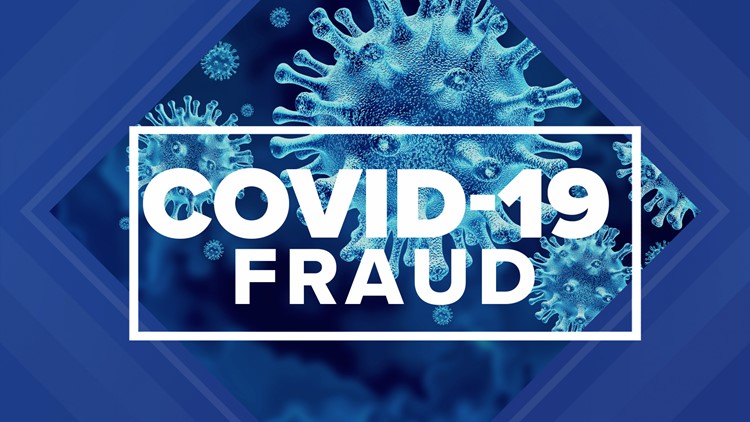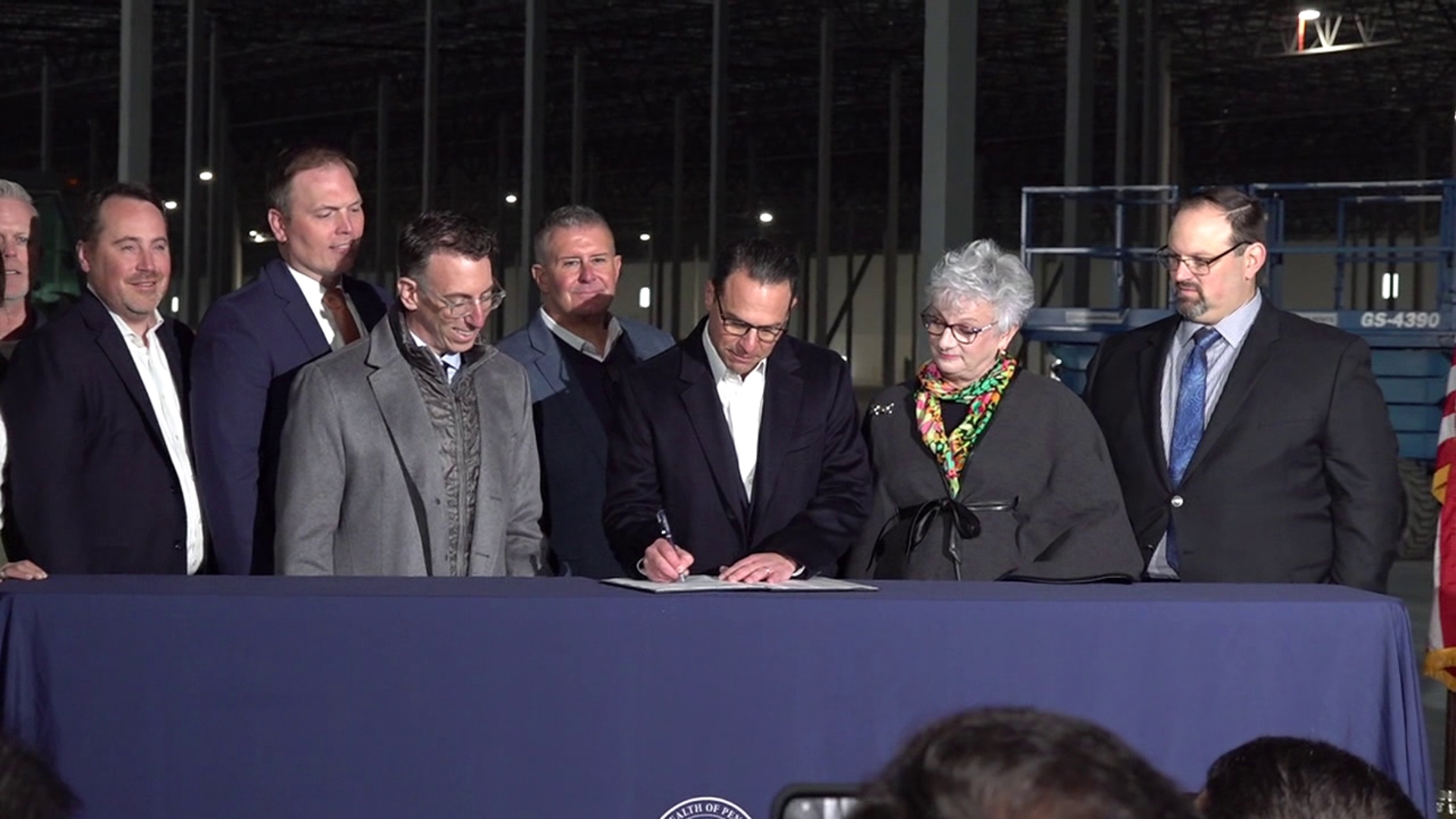WILKES-BARRE, Pa. — “Charlet’s” love did not come cheap, but Daniel Wasielewski was willing to pay.
It could cost him years of his life.
Wasielewski, of Wilkes-Barre, will be sentenced Thursday in Scranton for his role defrauding the federal government out of roughly $350,000 by filing phony applications seeking COVID-19 related relief funds.
In August, Wasielewski pleaded guilty to one count of wire fraud, a felony carrying a maximum penalty of 20 years in prison.
The U.S. Attorney’s Office for the Middle District of Pennsylvania asked that a judge sentence Wasielewski to two years in prison.
Wasielewski’s public defender, Leo Latella, is seeking leniency by arguing his client was just another mark used by a bigger criminal.
According to a memorandum filed Monday, Wasielewski was promised love by the scheme’s mastermind — a person or group going by the online pseudonym “Charlet.” Chronically online and addicted to internet relationships, Wasielewski was duped into becoming a “money mule,” his attorney argued.
“So deep was his addiction that he was blind to the deceit by ‘Charlet,’ something that would be evident to any right-thinking person,” Latella wrote in his memorandum. “Daniel’s own father saw through it and even warned him, his comments to the probation officer were spot-on: ‘How did he even know this person was a woman? Because they sent him some pictures? I warned him that it was a scam. I told him he was being stupid.’”
The thefts took place between March 2020 and March 2022. Prosecutors said he fraudulently obtained about $350,000 and funneled it to cryptocurrency, cash withdrawals, and personal expenses.
The banks involved successfully froze more than $140,000 before it could disappear, authorities said. However, the rest — $206,110.78 — was sent overseas and was never recovered.
“Sadly, these fraudsters are somehow out of reach of United States law enforcement and enjoy vast fortunes while the mules that they use to assist them burden all the penal consequences,” Latella wrote in court filings.
Attempts Monday to reach Wasielewski and Latella were unsuccessful.
Assistant U.S. Attorney Phillip Caraballo argued that Wasielewski lined his pockets and assisted in every step of the scheme: opening accounts, lying to bank officials, and transferring funds to his co-conspirators.
“Wasielewski continued engaging in these activities despite being told repeatedly by banking officials that he was complicit in fraud, and despite having his accounts closed by the banks almost as quickly as he could open a new one,” Caraballo argued in filings.
A previous conviction for child pornography did not dissuade him from committing additional crimes, prosecutors said. The fraudulent activity started up two months after Wasielewski finished his term of probation, authorities said in court filings.
The addictions that led Wasielewski down that “dark path” manifested in his addiction to forming relationships on the internet, Latella wrote.
Wasielewski’s relationship with “Charlet” drove him into debt. He borrowed money to give to her, paid for her flights, and flew himself to Arizona to meet with her.
Each time he did, she stood him up.
“Sometimes the greatest frauds are those that we perpetuate on ourselves; Daniel Wasielewski serves as an example,” Latella wrote.



